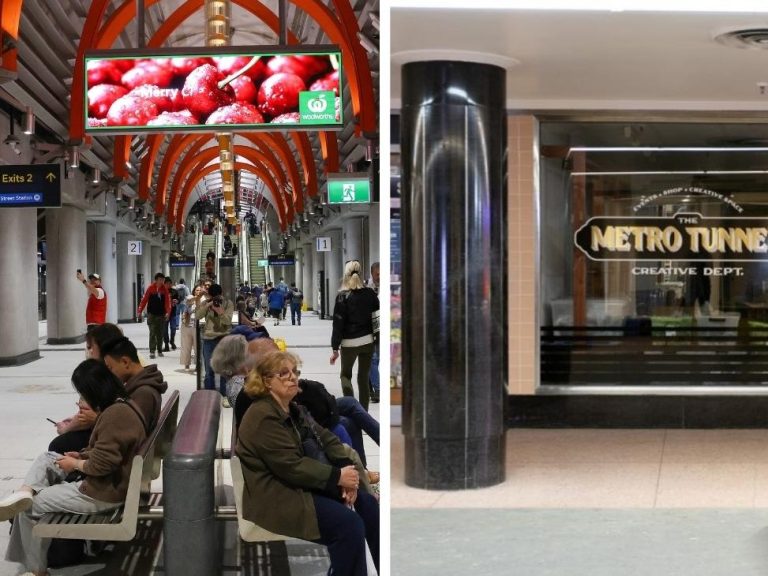How to break a lease on a commercial property

For individuals and enterprises that lease commercial property, a lease break is serious business, with potentially expensive consequences.
Which is why it’s important to understand how to break a lease on a commercial property.
As with most business transactions, what happens when you break a lease comes down to the paperwork – namely the legally-binding lease signed by both parties at the start of the agreement.
In almost all cases, commercial lessees who want to break the lease before the agreed end date must pay the rent until a replacement tenant is secured, as well as any other associated outgoings, legal fees and advertising costs.
Commercial Insights: Subscribe to receive the latest news and updates
Also, if the rent agreed with the replacement tenant is lower than the rent agreed in the recently broken lease, the original lessee may be required to pay the difference until the end date of the original agreement.
That’s why knowing the ins and out is key.

Breaking a commercial lease can be very costly. Picture: REA Group / Krzysztof Dydynski
What is the first step in breaking a lease?
Jacob Duane, director of Brisbane law firm Bennett & Philp, says anyone contemplating terminating their lease early should speak to their solicitor.
The lease should be reviewed by the solicitor, as the potential risks need to be explained, he says.
In addition to outlining the rent, the lease should include guidelines pertaining to rent increases, the length of the lease, information about allowable improvements and, importantly, what needs to happen in the case of early termination, or a lease break as it’s commonly known.
How long does the lease have to run? Is the leasing market one where the lessor will find a replacement tenant quickly? These are other questions the lease should answer, according to Duane.
The lease will detail who needs to do what when terminating the agreement. The process usually requires the lessee to provide written notice.
What are the consequences of a lease break?
The most significant consequence of a commercial property lease break is financial, as the lessee who breaks the lease often has to pay the rent, outgoings and costs on the property until a replacement tenant is found.
They can also be made responsible for any financial shortfall if the replacement tenant pays less than the original lessee had been paying, Duane says.
This means that assessing the current market conditions, to determine the chances of the owner finding a suitable replacement, is something lessees should do before deciding to break a lease.

If you want to break a lease, your first port of call should be your solicitor. Picture: Getty
Can a lease break be negotiated?
It’s possible to arrange a lease break by agreement, by negotiating with the lessor.
“Whether the lessor will agree will depend on a number of factors, including whether the leasing market is buoyant, which would allow a replacement tenant to be identified,” says Duane.
When can a lease break happen?
Termination can happen at any time during the lease, but the more time there is left on the contract, the more costly the break will be.
Early contact with the lessor is vital in all cases.
“If the reason for considering is financial capacity, discuss that with the lessor, as there may be an opportunity for the rent to be reduced, or for a rental holiday to be implemented,” Duane says.

If financial hardship is the main reason you wish to break a lease, it’s worth negotiating the rent with your landlord. Picture: Getty
Can someone else take over the lease instead?
Rather than lease break, in some cases, the lessee can “assign” or sub-let the property to another tenant, by agreement, Duane says.
The lessee must show that their replacement has the “the financial and business capacity” to lease the premises, by providing a business history and references.
“Commercial lessees need to be aware that although the lease is assigned, they may not be released from their obligations under the lease, as these are not retail leases,” Duane says.







